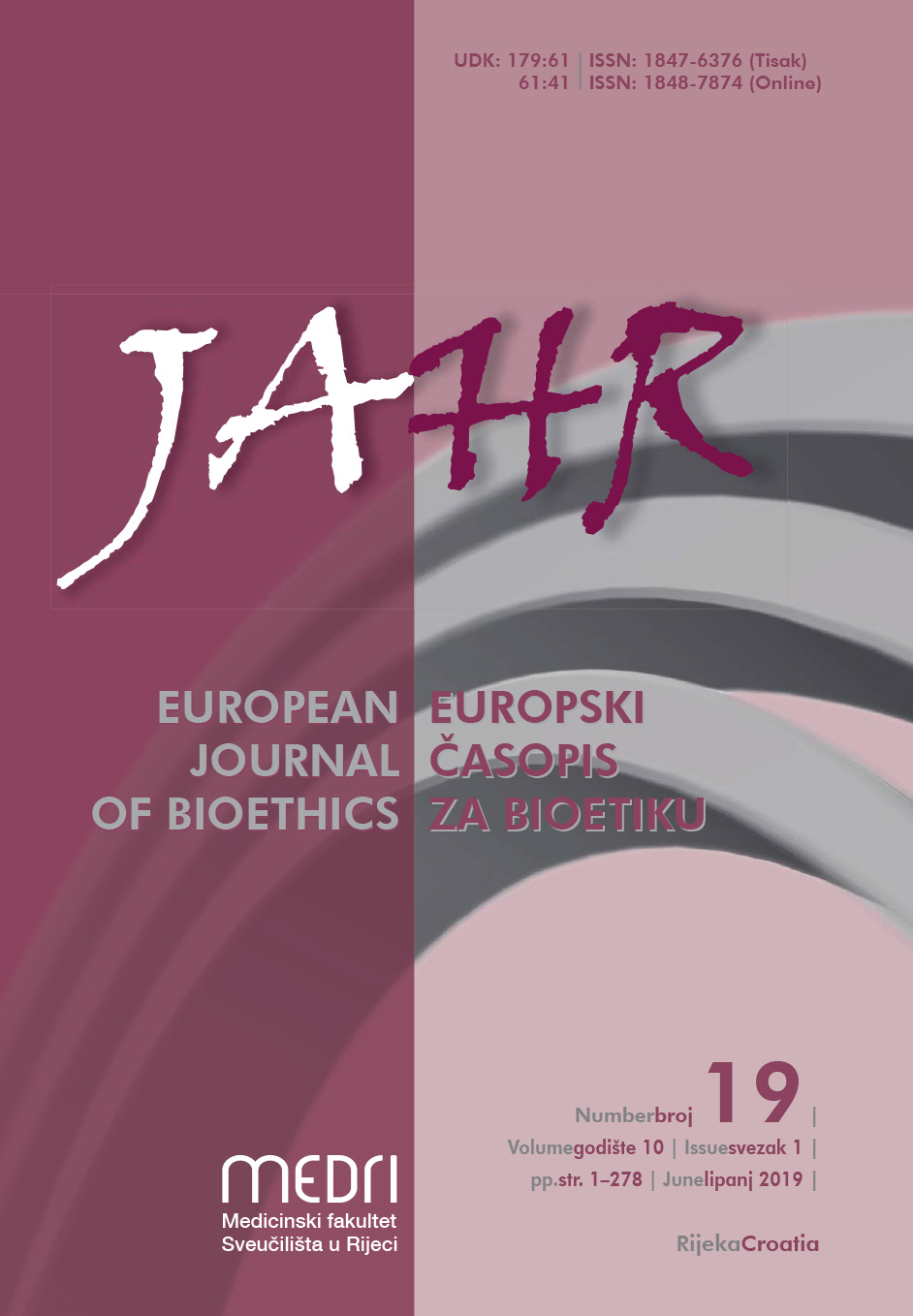Children’s Autonomy in Medical Decision-Making
Keywords:
children’s autonomy,, decision-making, educational psychologyAbstract
https://doi.org/10.21860/j.10.1.9
Should children be allowed to express their opinion in regards to medical treatment or experiment? In the past, the practice seemed to assume that children are not matured enough to make decision affecting their well-being, their guardians therefore are given the power to decide for them. In this article the author will argue that this practice should be changed and children should be allowed to get involved. The author quoted findings of Grootens-Wiegers P., Hein I. M., van den Broek J. M. and de Vires M. C. in regards to children’s ability from developmental and neuroscientific aspects that children actually start knowing their like, dislike, good and bad… from a very young age. Though these processes are gradual, the finding tells us that children are not as immature as we used to think. The author thus argues that children’s autonomy must be respected in some way when medical decision is to be made. At least, they must be told what options are available and seek their opinion.
Downloads
Published
Issue
Section
License
Authors who publish with this journal agree to the following terms:
- Authors retain copyright and grant the journal right of first publication with the work simultaneously licensed under a Creative Commons Attribution License that allows others to share the work with an acknowledgement of the work's authorship and initial publication in this journal.
- Authors are able to enter into separate, additional contractual arrangements for the non-exclusive distribution of the journal's published version of the work (e.g., post it to an institutional repository or publish it in a book), with an acknowledgement of its initial publication in this journal.
- Authors are permitted and encouraged to post their work online (e.g., in institutional repositories or on their website) prior to and during the submission process, as it can lead to productive exchanges, as well as earlier and greater citation of published work (See The Effect of Open Access).



